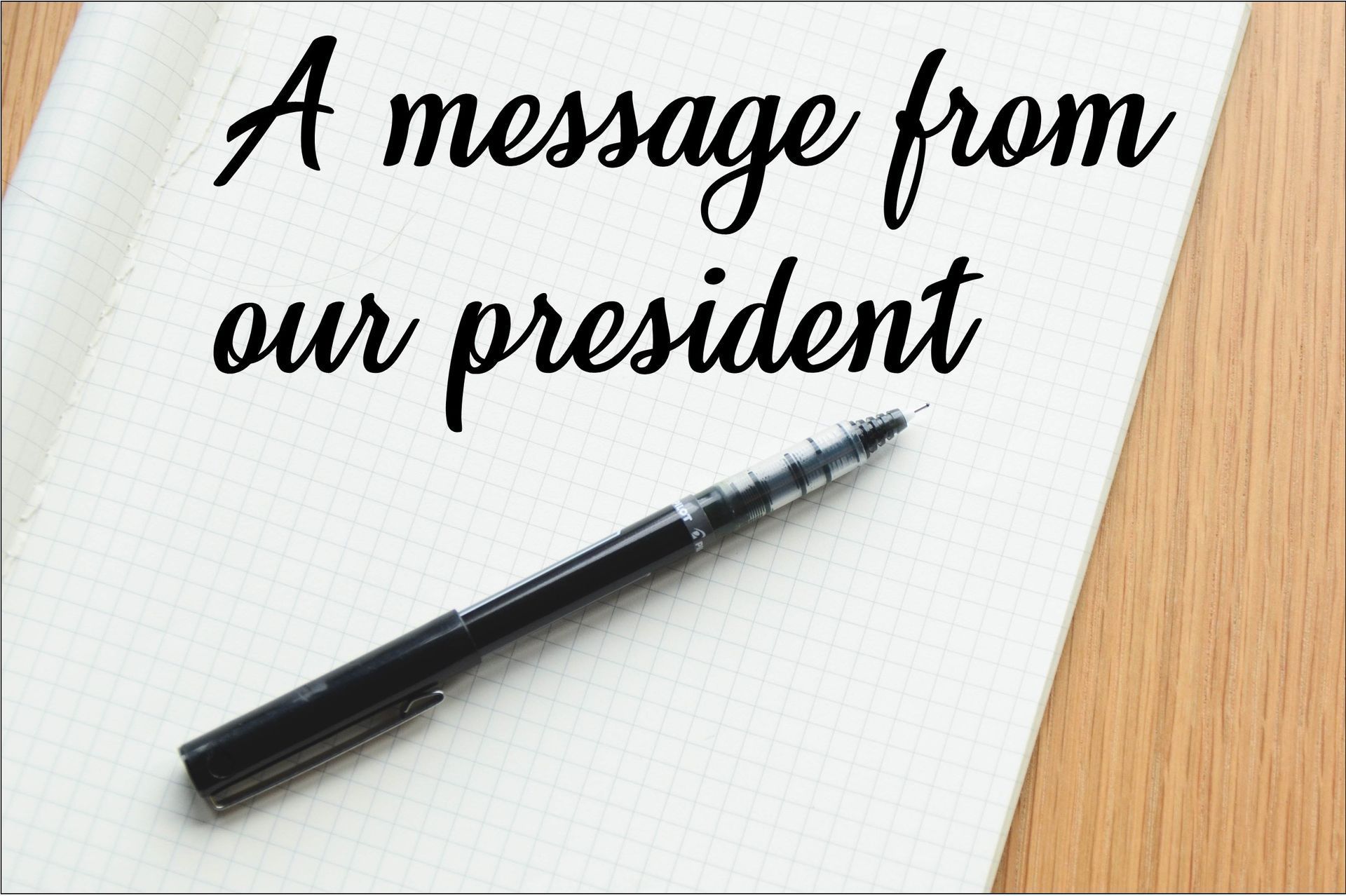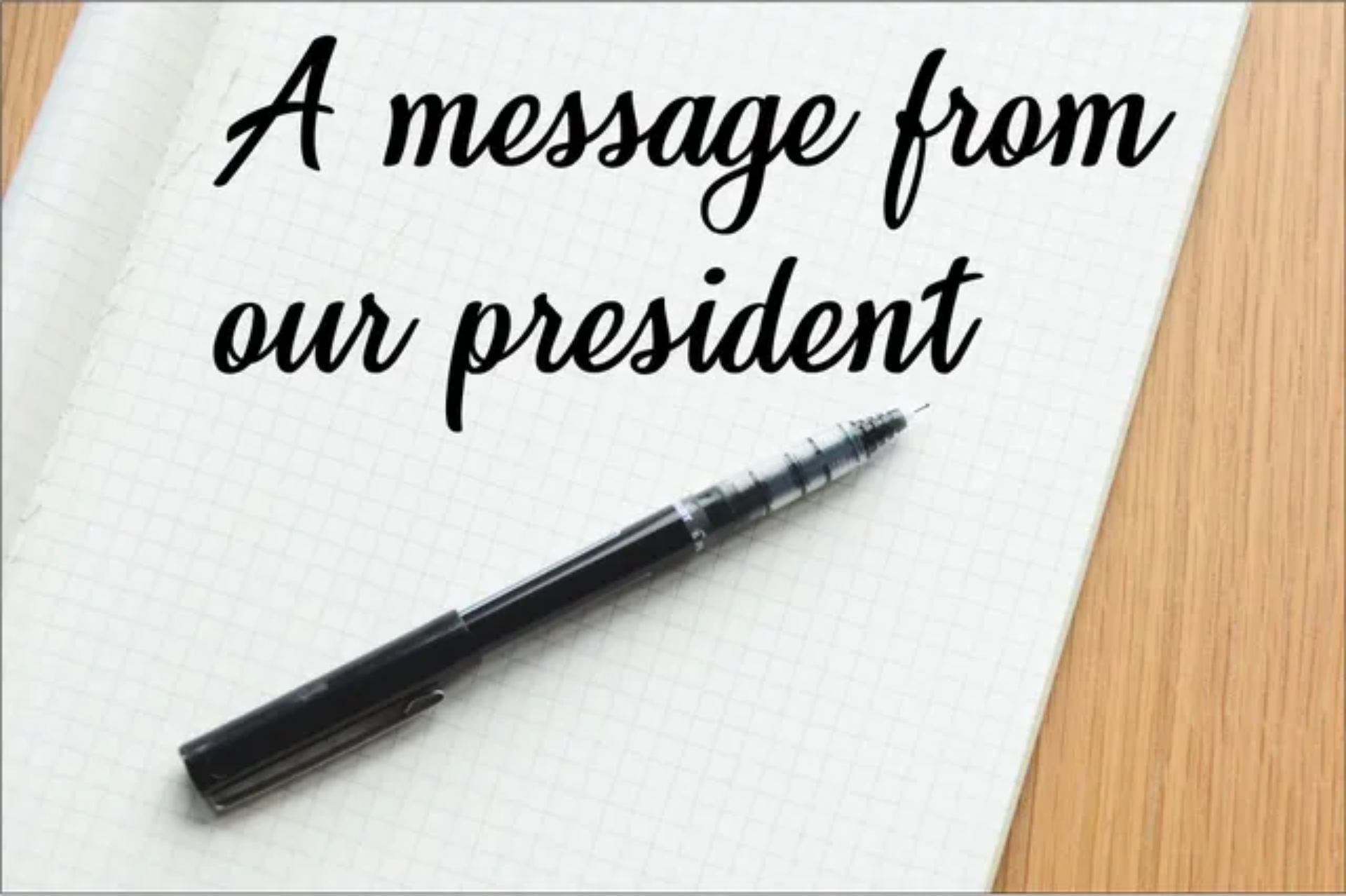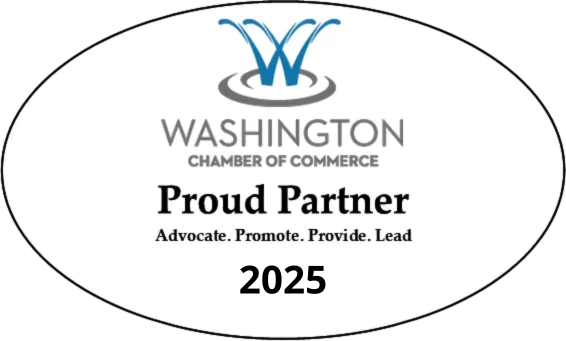Why Everyone Needs a Credit Card…maybe

When you work inside a bank on a regular basis you begin to better understand some of the financial challenges and pitfalls that exist in our world today. While I don’t believe the challenges to be bigger than ever, they certainly can present themselves in a much wider variety of ways. From card fraud to fake retail sites that steal from us to text messages and pop-ups that attempt to collect our personal information, the internet and mobile phones have certainly opened many new ways that criminals look to exploit.
I would venture to guess that almost everybody that is reading this post can share a story, from either first-hand experience or via another person’s misfortune, about a time when we fell prey to one of these scams. My hope is that you never face a loss in your financial world, but there are steps you can take to better protect yourself from scams.
Let’s talk about Credit Cards versus that more common Debit Card that you have to access your checking account and much of your personal cash on hand. I would like to share some thoughts on the proper use of a credit card and the potential that this tool has for securing your financial well-being.
To make sure we are speaking in the proper terms, remember that the debit card provides the direct access to your bank account, so when your debit card is compromised, you stand to risk your account balances at the hands of the scammer or entity that is using your card information. The credit card comes with an agreement to borrow funds from a lender with a promise to repay, but it is not tied directly to your bank account. Both can be used to make purchases in stores, online, or via your phone.
Before I talk about advantages, it’s vitally important, to me, that my readers understand that credit cards are NOT for everyone. When I speak of using a credit card in this article, my first and best suggestion is that you commit to paying the balance in FULL at every statement. The interest rate on a credit card is simply too high and will take a larger and larger piece of your income every month if you allow the balance to rollover on a monthly basis. I will speak more about the responsible use of credit in a future post but suffice it to say that I would never encourage any customer to carry a balance on a credit card for more than a few months, if ever at all.
So let’s look at some positives of adding a credit card to your billfold or wallet…
1. Credit cards often offer better fraud protection
Debit cards and credit cards both offer fraud liability protection. But there is a major difference in the amount you could be liable for if someone uses your card for fraudulent transactions. With a credit card, you're typically responsible for up to $50 of unauthorized transactions or $0 if you report the loss before the credit card is used.
You could be liable for much more for unauthorized transactions on your debit card. If you report the debit card as lost or stolen within two days, you’re typically responsible for up to $50. If you wait longer than two days to report the card as lost or stolen, your liability could be as high as $500--or even the full amount if you wait longer than 60 days.
2. Using a credit card can help build good credit
If you're trying to build a credit history or improve your credit, charging even a small amount on your credit card each month can have a positive impact on your credit score, provided you make timely payments or pay off the statement balance each month.
3. Use your debit card for ATM withdrawals
When you need cash from an ATM, you're probably better off using your debit card to withdraw funds, even if you must pay an ATM fee. Most credit card issuers charge a cash advance fee, typically a flat fee of $10 or 5% of the transaction, whichever is higher. On top of the cash advance fee and a higher interest rate on the advanced funds, there is also no statement cycle for cash advances – they begin charging interest from the day of the advance. Use the Debit Card at the ATM.
4. Use a credit card for hotel deposits
If you are traveling, you may be staying at a hotel. Most hotels require a credit card or debit card for a deposit on room rates, taxes and incidentals when you check in. Both types of cards return the deposit after you check out, but you’re better off using your credit card in this scenario. Keep in mind that the hotel will charge your debit card for that deposit immediately, withdrawing funds from your checking account and decreasing the amount of money you have available. When you use a credit card, the deposit is simply a hold on your card's available funds.
Hopefully some of this information is helpful for your use of Debit and Credit Cards. We have more detailed information at BANZAI!. Take a few moments to read some more detailed articles and make smarter financial decisions in 2024!
Michael Herzog
President









